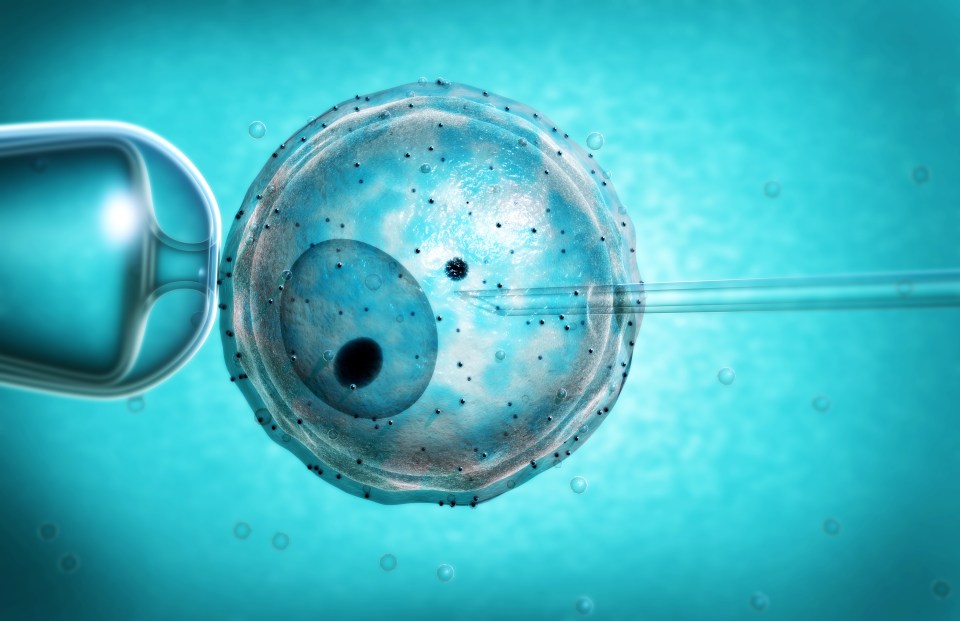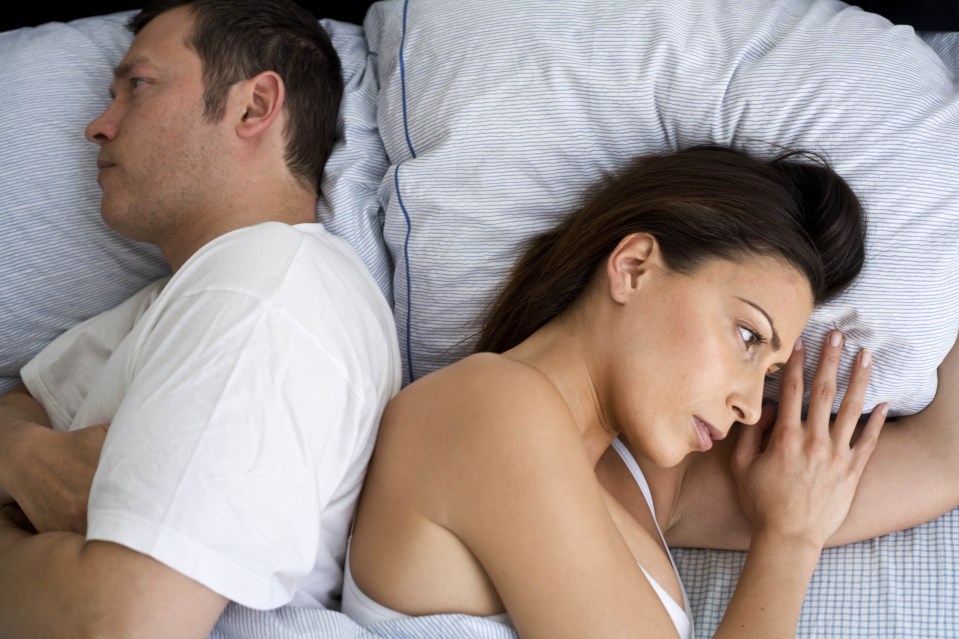Trying for test-tube babies ‘ruins sex lives’ thanks to stress and miscarriage fears
NEARLY half of couples reported having a lower sex drive, with some admitting they had become 'unattractive' to each other

THE STRESS of IVF treatment ruins couples’ sex lives, a study found.
Seven in ten women (69 per cent) refused to have sex after embryo transfer, with two thirds (66 per cent) worried it could negatively affect the outcome of treatment.
Other reasons given for refusal include fear of miscarriage, tiredness, pain in the lower abdomen and vaginal dryness.
Almost half of couples (46 per cent) report having less sex after fertility treatment, and one fifth (20 per cent) has a lower sex drive.
Treated couples also changed to new sexual positions and changed their use of sex toys, while others admitted they had become “unattractive” to each other.
related stories
The stress of treatment, worries about the outcome, and lack of sex causes “significant” depressive symptoms in 20 per cent of women.
It is worse in women who have to undergo repeat cycles, research shows.
Hana Visnova, medical director of IVF CUBE, in Prague, Czech Republic, quizzed 450 patients from the Czech Republic, Italy, Germany, Ireland and UK. They had an average aged of 39.5 years.
She said: “The lack of sexual activity during treatment and fear of affecting the treatment outcome leads to emotional instability, relationship problems, sadness, anxiety, and sexual alienation.
“The situation could be worsened by repetitious IVF cycles after negative outcome.”
She said all patients should be given information on alternative sexual activities during treatment.
Her study – presented at a fertility conference in Helsinki, Finland – found the majority of couples still had the same “sexual desire” as before treatment.
Some replaced intercourse with “non-coital” activities, with 55 per cent achieving orgasm.















